Why Nintendo's REAL problem might be an internal rift
Nintendo’s E3 2014 Digital Event had several excellent qualities. Coherence, alas, was not one of them. The show started as strongly as any big Nintendo event has in years, with a Robot Chicken-animated Reggie Fils-Aime smartly addressing the internet’s anti-Nintendo cynicism with self-aware wit and fireballs. From that point on, we got an unbroken cavalcade of in-jokes and lunatic spectacle, each and every scene--from Bowser and Peach’s awkward back-stage doughnut altercation, to live-action Reggie’s pyrotechnic showdown with company President Satoru Iwata--precisely pitched as both a big hug to Nintendo’s core fanbase, and a self-effacing disarm to everyone else.
As overtly goofy as the show’s early execution was, the underlying intent was calculated with immense intelligence and insight. Packed with references to all the right bits of Ninty heritage and fandom, right up to a sly, unspoken nod to Mario Kart 8’s recent Luigi death-stare, Nintendo’s presentation of itself was the most modern and cleverly conscious that it’s been in years.
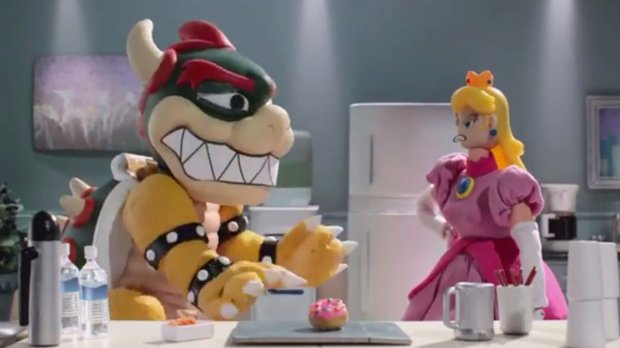
But then Nintendo of Japan took over, and we found ourselves watching nice men politely stare at wool, while sedately explaining their creative process for far too long. At that point it became clear that the preceding fight between Reggie and Iwata perhaps packed more than a little underlying metaphor.
Because increasingly, it seems that Nintendo is actually two separate, somewhat at-odds companies, wrestling over a shared set of commodities. The nature of the bout? Nintendo of Japan vs. Nintendo of Everywhere Else, in a ceaseless, attritional grudge-match for control of the company’s products and persona. Nintendo US, when it gets the chance to take centre-stage, is entirely capable of engaging and exciting western press and punter alike via its in-touch approach to Nintendo’s modern position and audience. Nintendo of Japan though? Quiet, reserved, stuck in its ways, and spiralling ever faster down a rabbit-hole of self-deluding insularity.
But the real problem with the Wii U is simple, right? The console doesn’t have any games. It’s high of price, low of power, and between first-party releases, has a game schedule as busy and inviting as the surface of Mars. All of that is true, yes, but problems that big don’t just happen. Failures on the scale of the Wii U’s current plight are the result of severe and systematic errors of judgement. And global failures, such as botched consoles, raise severe questions about the effectiveness of the global operation behind them. In the case of Nintendo, the answer to those questions has been quietly simmering for years. Nintendo of Japan seems closed-off, out-of-touch, and is missing many opportunities to leverage the advantages of having a western arm.
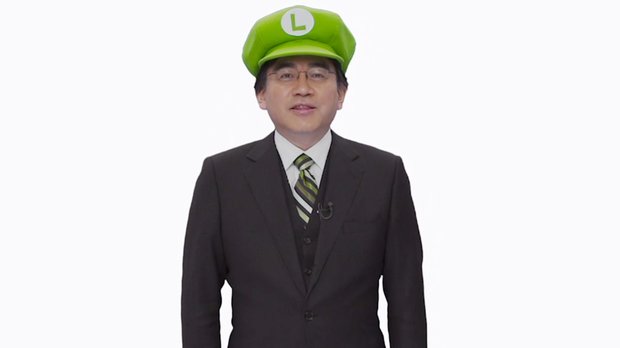
It’s long been understood that all big decisions at Nintendo--from product design, to marketing persona, to methods of dealing with the press and public--come straight from Japan, with less autonomy among the company’s regional arms than would be found at the like likes of Sony, for example. In a best-case scenario, when times are good, that kind of rigid structure can lead to odd occasions of disharmony and cultural misunderstanding. But when times are bad, a closed, bunkered, strictly hierarchical approach to international business can exacerbate a misfire into a full-blown disaster. Basically, if only one guy is ever allowed to make decisions, and that guy isn’t considering the bigger picture, then you’ve got a problem. And a great deal of NoJ’s decisions have been rather ill-conceived for a number of years now.
If you need a simple (perhaps simplistic) summation of how a divided Nintendo is problematic, you need look back only as far as Tomodachi Life. Nintendo’s otherwise rather excellent, cartoon life-simulator was marred horribly by its comedically out-of-touch lack of same sex couples as playable characters. Designed, by Nintendo’s own admission, primarily for a Japanese audience, and seemingly unaware that Mass Effect was a whole seven years ago, the game made Ninty appear woefully out of step with both its fans’ needs and the wider world at large.
Weekly digests, tales from the communities you love, and more
But this problem extends further than archaic cultural naivety. NoJ’s seeming ‘Make for Japan, sell to everyone else’ attitude is only intensifying the furious financial haemorrhage that is the Wii U. Think about Nintendo Direct in general. What’s the general perception now filling your brain-cave? I’d guess that it’s something along the lines of ‘Lots of fun larking about in Luigi hats, no big games announced ever’. But the thing is, that’s only partly true. Nintendo’s online presentations have dropped plenty of absolute mega-tons over the last few years. Problem is, the shockwaves have only resonated in Japan. They’ve only been designed to resonate in Japan.
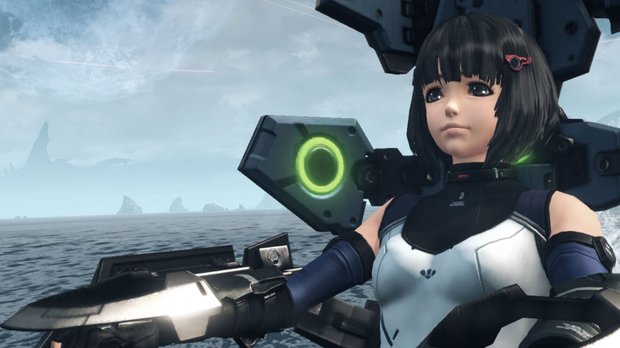
Monster Hunter, Dragon Quest and Xenoblade Chronicles X have and will continue to make big splashes in Nintendo’s home town. But when touted to the west? Barely a blip on the radar. The same goes for the likes of Bayonetta 2 and The Wonderful 101. While there’s no doubt that the former is going to be an insanely good game, the fact remains that it’s still the previously unsellable sequel to an excellent game that tanked in the land of the setting sun. It’s not going to help Nintendo’s global fortunes.
Of course, even Nintendo’s staggeringly talented internal development teams cannot make enough games to build a competitive line-up for the Wii U, so external deals are a vital move. But the current choices being made just aren’t doing the job. Compare Nintendo’s approach now to that of the N64 and Gamecube days--when companies like Rare, Silicon Knights, Capcom and Konami made high-profile exclusives which catered to a truly global audience--and you can see a very clear shortfall in the Wii U’s catalogue.
Indeed, Reggie seems fully aware of head office’s inward-looking self-absorption. As far back as late 2012, following Iwata’s criticism of 3DS sales in the west compared to the region’s much bigger potential install-base, Fils-Aime responded as follows.
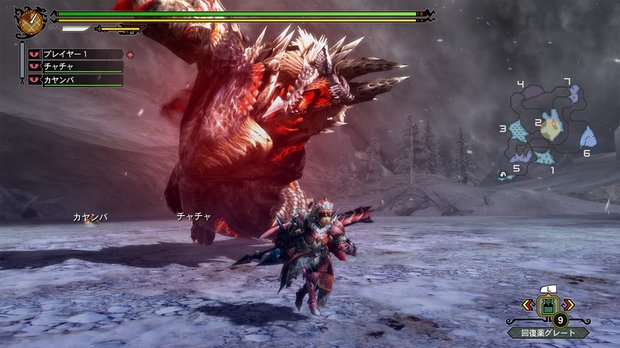
"When he said that, I had a sharp pain in my neck. It was in the middle of the night, and I viscerally reacted to it. The fact of the matter is that Japan is doing better than the North American marketplace. That is a factually true statement. It’s driven by the strong level of support that they’ve had from Japanese third-party publishers. There’s been a number of games like Monster Hunter that did big numbers. But just as important, there was a group of games in the Japanese market that did between 250,000 units and half a million units. Those sustained that gamer desire to have something new on a regular basis."
Of course, the NoA President stopped short of explicitly mentioning a dichotomy of audience provision, but it’s not hard to imagine the sentiment festering quietly between the lines of his statement.
In fact the problem goes back further than that, and is something that Nintendo’s Japanese office seems to know about as well. Even before the Wii U’s launch, Iwata was professing the importance of balanced international output for the console.
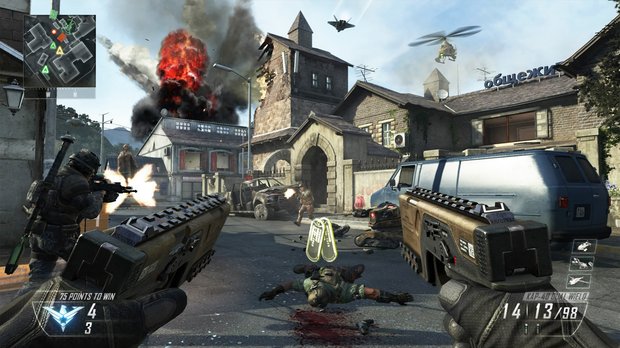
"I think that, over the past three or four years, the presence of Japanese software developers has become relatively small. Nintendo is doing what overseas software developers do not do, so Nintendo’s software is selling relatively well also in foreign countries, but for the software oriented to enthusiastic game players, such as 'Call of Duty,' the ones created by overseas developers are more mainstream in the overseas markets...
"Of course, Nintendo will continue to run a business by creating Nintendo-like games, but we will not be able to meet the various tastes of consumers by only doing this, so I feel that it will become necessary to reinforce the development resources in the foreign countries."
Initially, that seemed to be happening. The Wii U’s launch line-up contained a host of (admittedly previously available) western-developed, AAA big-hitters. Deus Ex. Arkham City. Assassin’s Creed. Black Ops 2. Darksiders 2. Tekken Tag Tournament 2. It was looking good. But as soon as that initial momentum dropped, Nintendo seemed to retreat to its comfort zone, and very little high-profile western support appears to have been courted since.
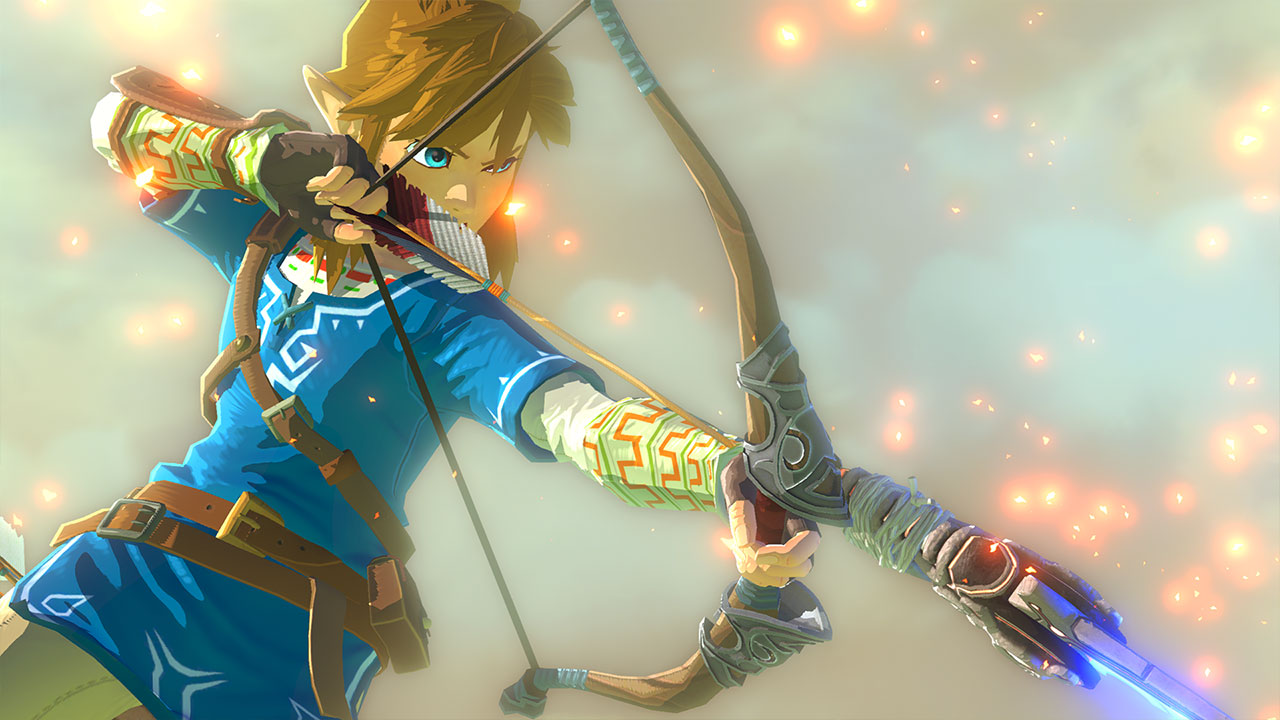
It’s possible that NoA is just failing to make big, western Wii U dev deals. But given the amount of money Nintendo currently has stockpiled despite its present troubles, but it’s hard to believe that such an oversight would be allowed to continue for several years in a row, amid Japanese complaints about western sales, unless something else was amiss.
Whatever the cause of the problem though, something needs to change. If it continues, Nintendo’s penchant for subdued, Japan-skewed game presentations in its Directs is only going to further alienate the wider, vast western audience it desperately needs. Let’s face it, the long-awaited reveal of the Wii U’s (stunning-looking) Zelda should have made the biggest noise at E3 this year. Instead, its quiet, almost apologetic NoJ presentation buried one of the show’s biggest events as just another thing that happened. With a bit of the early presentation’s Technicolor, fan-baiting bombast, it could have been explosive. Just like Nintendo always used to be.



